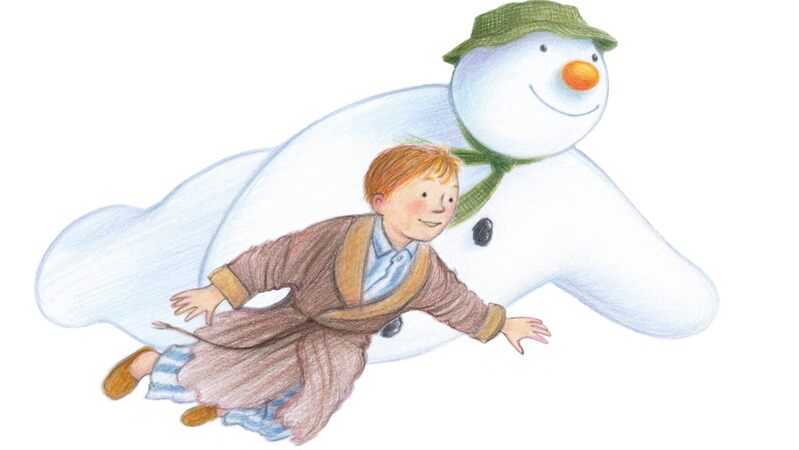You are viewing your 1 free article this month. Login to read more articles.
A thriving industry needs a level playing field to survive
My route into publishing wasn’t an obvious one. I grew up in a single-parent family in a council flat in London. I don’t know where my love of books came from, but from an early age I read whatever I could lay my hands on, which meant repeated readings of my mum’s limited collection: a book on the Moors Murders and Hollywood Stars: Too Young To Die.
Thankfully, I discovered my local library. The library and the books inside provided for me on so many levels—they allowed me an escape, opened a new world of potential while also doubling as great childcare. Against the odds, I made it to university, the first person in my family to do so, which is where I discovered that publishing could be a real possibility for me as a career. After interning throughout my last year at university, and hundreds of unanswered job applications later, I eventually got my dream job working at a literary agency, and moved into selling translation rights.
Some people aren’t so lucky and it doesn’t take much research to show that the class gap is widening. Last year’s Panic! It’s an Arts Emergency! report released the staggering statistic that just 12.6% of the publishing workforce is made up of people from working-class backgrounds. There are many industry initiatives which demonstrate that publishing is prepared and motivated to change for the better; though this report, and The Bookseller’s class survey, confirm that there is still much more we can do to make the industry more accessible to candidates from a working-class background.
In preparing this piece, I spoke to The Access Project, which works with underprivileged state school students to help them get into university. They told me that, often, the children they work with are not choosing English or other arts subjects at A-Level because they don’t see people from similar backgrounds represented in industries such as publishing. Instead they are choosing STEM subjects because they can see a clear career path and more immediate remuneration. The prevalence of unpaid or less than living wage internships in publishing reinforces the inequality, as does the lack of salary information when advertising industry roles. It’s difficult for working-class candidates to commit to an application for an entry-level role which doesn’t tell you what you will earn but does, in many cases, require a level of industry experience.
Many companies in the industry have been making great strides with representative and inclusive recruitment practices, but not all companies have the same resources. I have been working with a team of agents on an inclusive recruitment toolkit for all members of the Association of Authors’ Agents, which includes guidance on areas including blind recruitment, unconscious bias and regional diversity. Living outside London should not make a career in publishing impossible, but 90% participants in The Bookseller’s class survey, believe the geographical concentration makes it difficult for those from a working-class background to get into the industry. We also need to work on retaining working-class talent in the industry through regular support and mentorships. So much of what we do involves connections and networking and it can be difficult for some to recognise that “Imposter Syndrome” can take over when you are anxious about not being as articulate or having the same social cues as everyone else.
For our industry to continue to thrive and be truly inclusive we need to reflect our diverse society and give everyone a level playing field.















